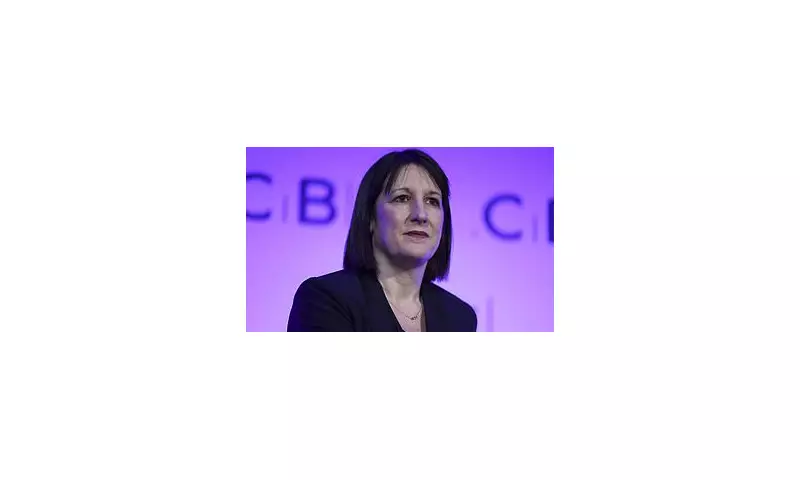
Chancellor Rachel Reeves is facing accusations of breaking multiple tax pledges in Wednesday's Budget, despite reportedly backing away from an explicit income tax rate increase, economic experts have warned.
The Manifesto Promise Versus Fiscal Reality
Almost exactly one year ago, the Chancellor stood before business leaders at the CBI and vowed there would be 'no more taxes', following her first fiscal plan which raised approximately £40 billion from voters and businesses. This commitment echoed the Labour election manifesto, which explicitly promised not to increase 'taxes on working people', including both income tax and National Insurance.
While the Chancellor is now said to have retreated from plans for an overt tax hike this week following significant backlash from within and outside the party, the head of the influential Institute for Fiscal Studies (IFS) has stated that continuing the multi-year freeze on tax rate thresholds would still constitute a breach of the party's manifesto promises.
The 'Stealth Tax' Mechanism and Its Impact
Helen Miller, director of the IFS, was asked by the BBC's Westminster Hour if extending the threshold freeze would break the 'letter of the manifesto'. She responded unequivocally: 'Absolutely yes.'
Ms Reeves is widely anticipated to extend the current freeze. The IFS estimates that a two-year extension would have significant consequences:
- 960,000 more people would be pulled into paying income tax.
- 790,000 more people would be dragged into the higher tax rate as their wages increase with inflation.
This mechanism, criticised as a 'stealth tax', would raise an estimated £8 billion to £9 billion for the Treasury. Miller clarified that this approach would also breach the manifesto's promise of 'no increase in National Insurance', assuming National Insurance thresholds are frozen in the same manner.
Mounting Pressure and Economic Downgrades
The Chancellor's difficult position is compounded by pressure from industry and a deteriorating economic outlook. Rain Newton-Smith, head of the Confederation of British Industry (CBI), urged the government to 'change course' and avoid piling additional costs onto businesses.
At the CBI's conference, Newton-Smith challenged Ms Reeves to prove her commitment to growth by making tough decisions, potentially on welfare spending, and to resist 'short-term politics'. She emphasised the need for 'one or two broad tax rises, rather than death by a thousand taxes'.
Further complicating the Budget, a report from Sky News indicates that the Office for Budget Responsibility (OBR) has downgraded its economic growth forecast for 2026 and every subsequent year until the next election in 2029. This downgrade, which Ms Reeves has publicly acknowledged, reduces expected tax revenues, forcing the Chancellor to find new funds to balance the books and maintain a fiscal buffer.
The scale of this challenge underscores the tension between political promises and economic reality, leaving the Chancellor with few palatable options as Budget day approaches.






